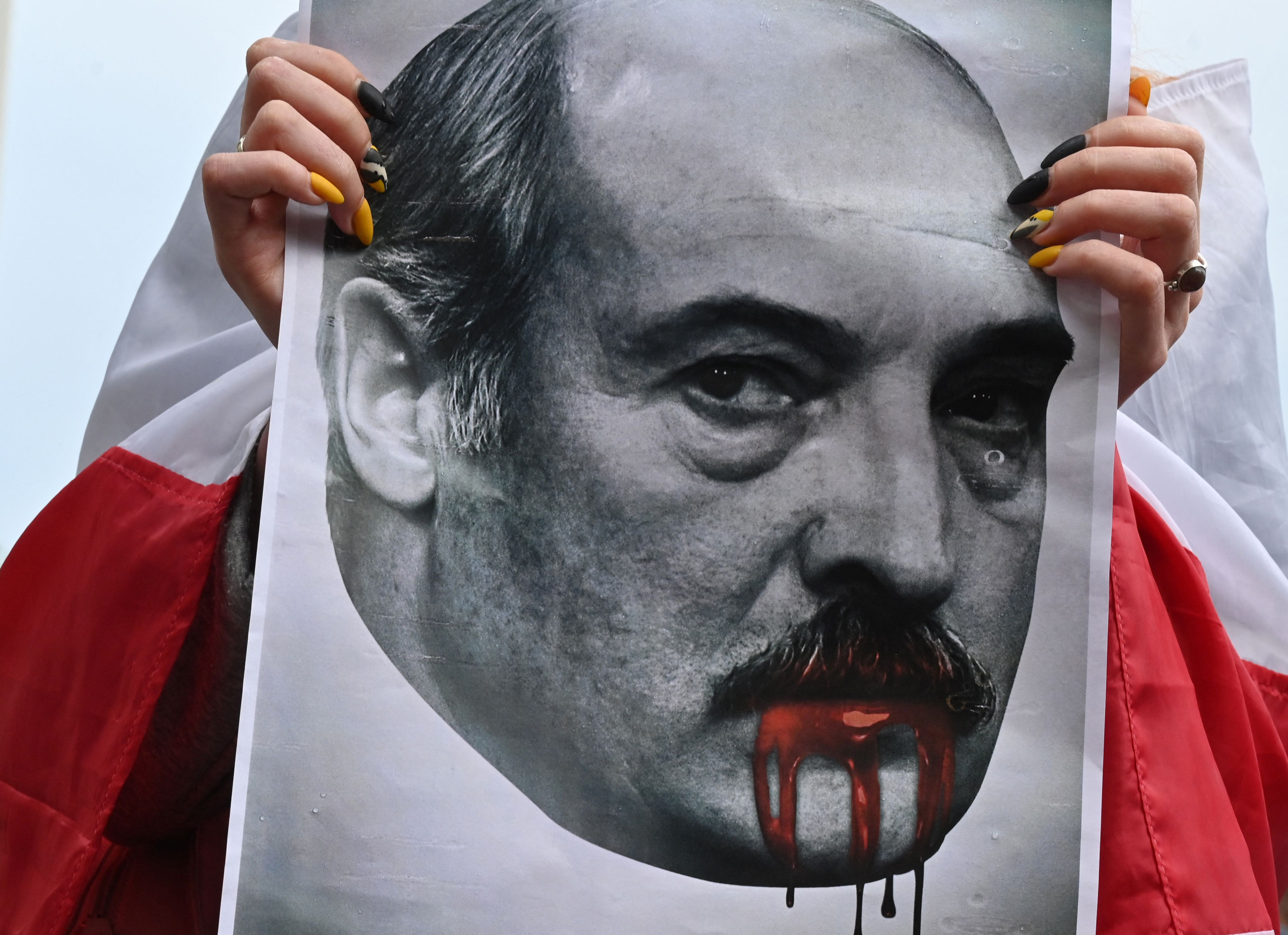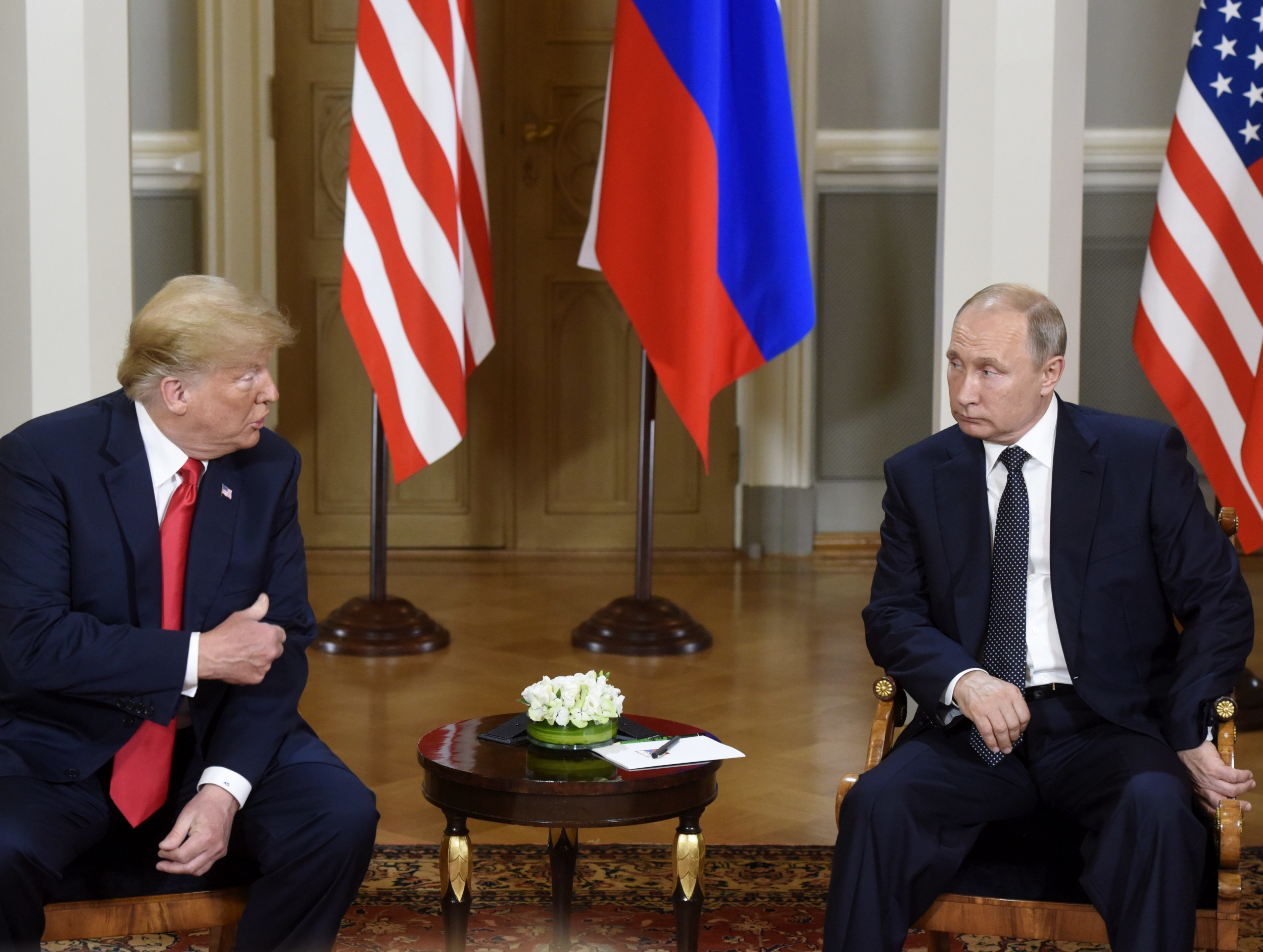If the old Washington, D.C., adage that "personnel is policy" applies, Chinese President Xi Jinping has his work cut out for him over the next four years.
It didn't take long after the 2024 presidential election for President-elect Donald Trump to begin vetting candidates for his second administration. While thousands of low- and mid-ranking jobs are still open, Trump has already assembled the core of his senior national security team. Marco Rubio, the senior senator from Florida who ran against Trump during the 2016 Republican presidential primary, is his pick for secretary of state. Michael Waltz, a special forces veteran and congressman from Florida, was tapped to be national security adviser. Elise Stefanik, a congresswoman representing part of upstate New York, is preparing to set up shop at the United Nations as America's permanent representative. And Robert Lighthizer, Trump's former trade representative, will likely join the second Trump administration in some senior capacity.
All four of them are considered China hawks. And depending on how much leeway Trump gives them, all four will have the power to push U.S. policy on China in a direction that, if taken to the extreme, will not only limit any diplomatic openings with the Asian superpower but potentially increase the prospect of a conflict between the world's two largest economies.
If he's offered a senior role, Lighthizer, a respected trade lawyer with decent contacts on Capitol Hill, will stick with the economic aspect of the China challenge. Much like Trump, Lighthizer is a fan of tariffs and an architect of the Trump administration's trade war with Beijing during the first term, which hiked duties on hundreds of billions of dollars' worth of Chinese products in an attempt to pressure China into a new trade agreement. In 2020, the U.S. and China finally signed a new deal requiring Beijing to import another $200 billion in U.S. goods. China didn't live up to the terms.

Stefanik can hardly be called a China expert, but that hasn't stopped her from punching China in the mouth at every opportunity. In her capacity as a lawmaker, she has warned about China's involvement on U.S. college campuses, advanced bills that target unfair Chinese trade practices, and worked with Senator Rubio to prevent money from U.S. funds from getting into the hands of companies affiliated with the Chinese Communist Party. She will be a loud voice at the U.N. Security Council and will relish tangling with the Chinese delegation there.
Rubio, meanwhile, has spent the last few years preaching about how China is the greatest national security threat and strategic challenge the United States currently faces. Many officials and lawmakers take that position. But Rubio often takes it to the extreme. He isn't afraid of shining a light on what he calls the bipartisan failure of Washington's China policy dating back to the days of Jimmy Carter, when the combination of diplomatic normalization and growing economic interdependence was viewed as a trojan horse to eventually democratizing China's political system. But those assumptions, Rubio stated, were wrong, resulting in lost manufacturing jobs in America even as the Chinese economy got richer. America's large companies, Rubio said, "argued that capitalism was going to change China. Now we stand here 23 years later and realize capitalism didn't change China—China changed capitalism."
If you didn't know any better, you might conclude after listening to a Rubio speech that China was only weeks away from displacing America as the world's foremost power and re-writing the rules of the game. Speaking at a 2022 summit, Rubio lamented how China's "willingness to undermine all of the institutions and the norms of the world to fulfill this ambition is without a doubt the singular geopolitical issue of the 21st century."
Michael Waltz is just as hawkish on China as Rubio. Taking to the pages of The Economist a few days before the 2024 election, Waltz and co-author Matthew Kroenig, a foreign policy analyst at the Atlantic Council think tank, wrote about how Washington's foreign policy apparatus inadvertently contributed to Beijing's rise through a series of stupid, counterproductive decisions. They complained about the Biden administration's Taiwan policy, in which President Joe Biden and his senior advisers were unable to come to a consensus on whether the U.S. military would defend the island in the event of a Chinese attack. In Waltz's view, the U.S. Navy needs to draw down in other regions and surge in the Indo-Pacific, a move that aims to deter Chinese aggression in the region but, coincidently, could also cause China to double down on its own military modernization plans.
Waltz's congressional record on China is also extensive. He has introduced numerous pieces of China-related legislation, from symbolic resolutions that denounce the People's Liberation Army's (PLA) repeated clashes with the Philippines in Manila's own waters to a bill that would prohibit the purchase of U.S. land by companies and individuals affiliated with the Chinese Communist Party.
Donald Trump is frequently known as a transactional politician, a man who wants to make deals even with Washington's biggest adversaries. On China, however, Trump's hardline advisers may attempt to temper his pragmatic streak. Trump will then have a decision to make—follow their advice or follow his own intuitions.
Daniel R. DePetris is a fellow at Defense Priorities and a syndicated foreign affairs columnist at the Chicago Tribune.
The views expressed in this article are the writer's own.




















 English (US) ·
English (US) ·